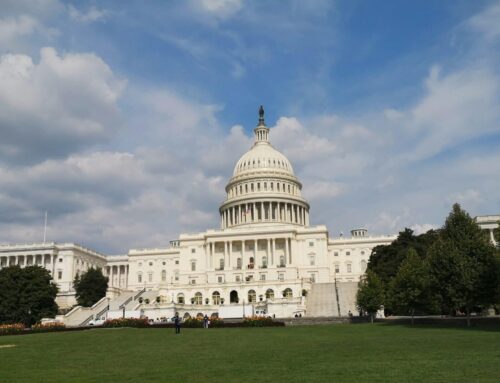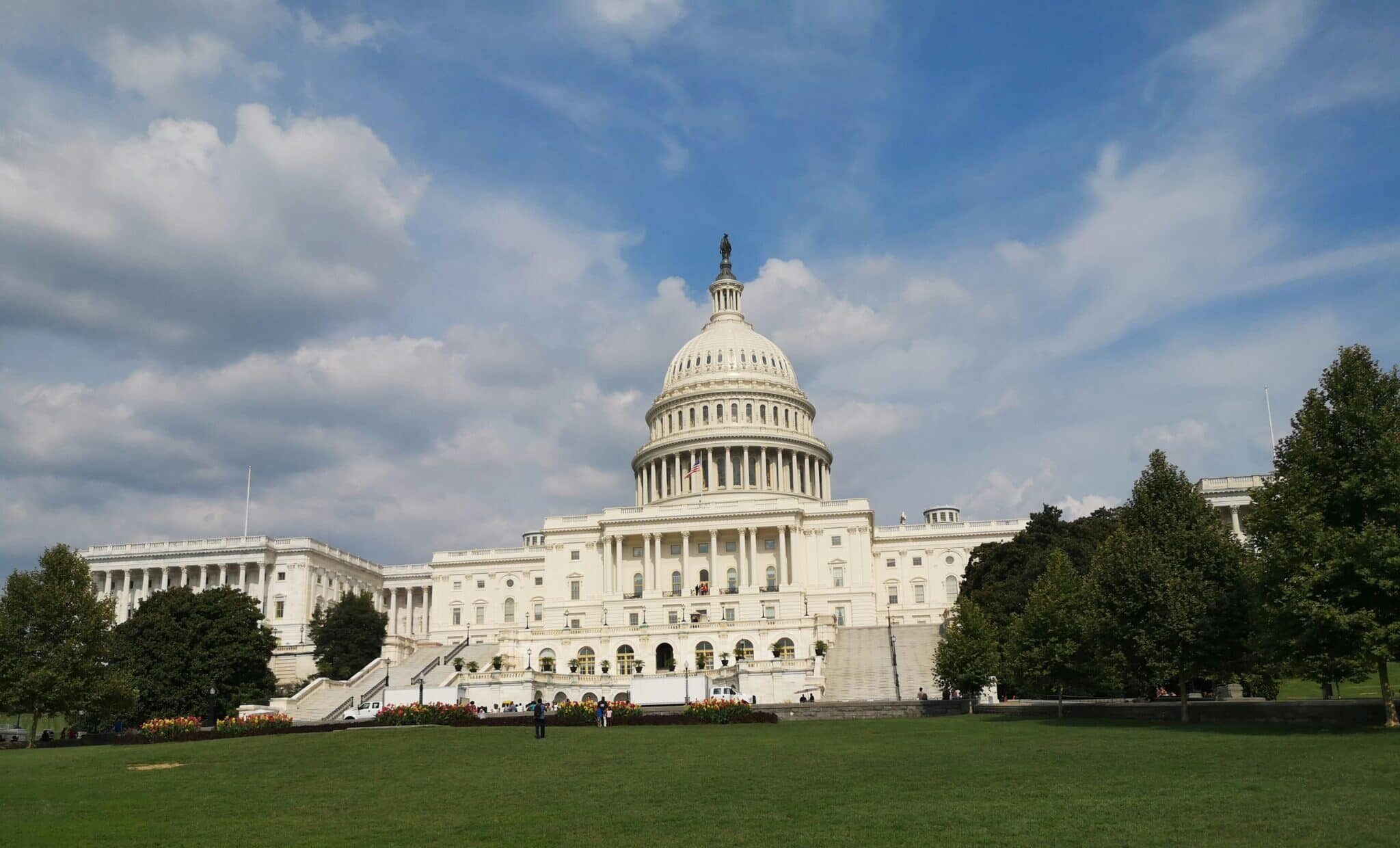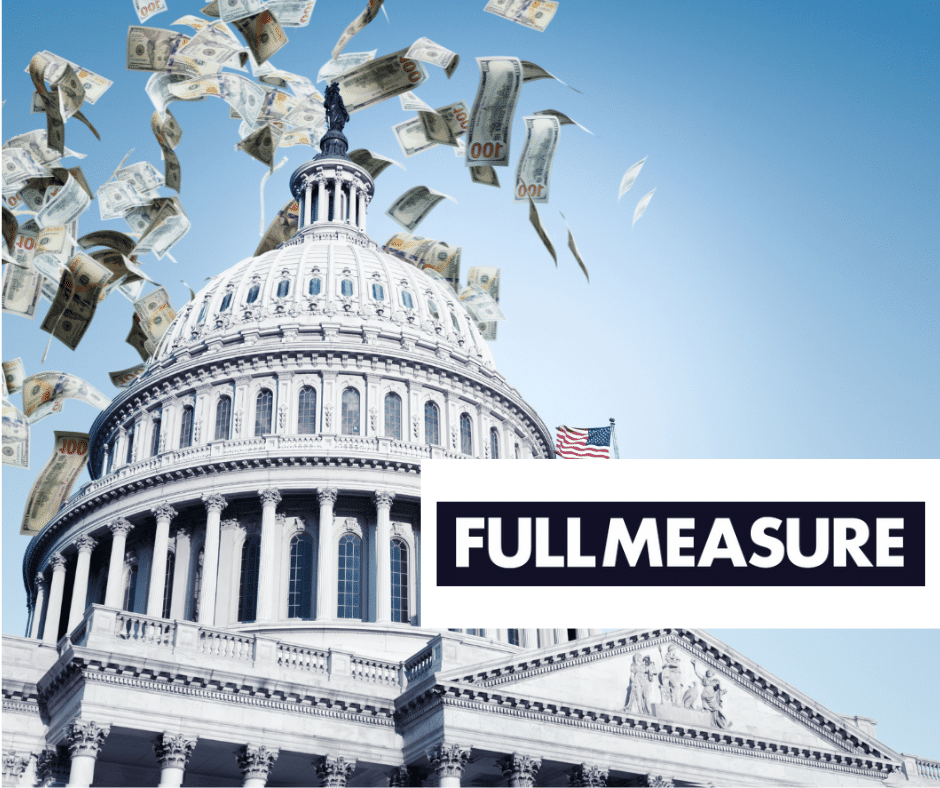It’s amazing how fast Washington can spend money. In just a day, before the Senate Finance Committee’s markup, the projected cost of the Clean Energy for America Act increased 20 percent – by $44 billion. With Congress negotiating and enacting trillion-dollar legislation every few months nowadays, $44 billion may sound like a drop in the bucket. But for taxpayers, the $260 billion total price tag for the bill is anything but pocket change. More spending on energy tax breaks picks winners and losers, distorts markets, works at cross-purposes with other federal programs, and ultimately increases long-term liabilities and costs.
As we wrote just yesterday, the underlying Clean Energy for America Act would thankfully eliminate fossil fuel subsidies. It would also consolidate the current maze of more than 40 energy tax extenders into three new buckets for clean fuel, clean electricity, and energy efficiency. If enacted, however, the new credits may bring wasteful corn ethanol subsidies back from the dead, in addition to expanding other status quo incentives that have historically done more harm than good for the climate. Our letter yesterday to the Senate Finance Committee explained why numerous special interest tax breaks – for everything from biofuels and biomass to nuclear and carbon capture and storage (CCS) – should be eliminated instead of extended.
Spending more on “clean” energy that is anything but clean in practice will fail to achieve the President’s climate goals. Several past policies were intended to reduce greenhouse gas (GHG) emissions (such as biofuels tax credits) but in reality, failed to do so. Spending more on the same (or other new) special interests (as detailed below) won’t mitigate climate change.
Regardless, the Committee added several special interest tax breaks to the underlying bill just before yesterday’s markup, including a new sustainable aviation fuel credit, a hydrogen production credit, and more spending on electric vehicles (see below for more details). Please note that all projected 10-year costs (for Fiscal Years (FY) 2022-2031) come from the Joint Committee on Taxation (JCT).
Overall bill – Clean Energy for America Act
- Original Bill: $215.5 billion
- Modified for mark-up: $259.5 billion, a 20 percent increase
NEW Sustainable Aviation Fuel Tax Credit
- Original Bill: not included
- Modified for mark-up: $293 million, plus eligibility added under the Clean Fuel Production Credit which could increase costs further
- Details: Up to $2/gallon credit (for feedstocks other than palm) would require at least a 50 percent GHG reduction compared with petroleum-based jet fuel. Credit would end in 2022, with similar $2/gallon credit eligibility under the clean fuel credit beginning on Jan. 1, 2023. Other similar biofuel tax credits have failed to reduce GHG emissions. Eligible fuel would not be required to meet certain environmental criteria included in the Renewable Fuel Standard (RFS), for instance, and the credit could expand subsidies for food-based-biofuels, leading to more pressure on soybean and other commodity prices.
NEW Clean Hydrogen Production Credit
- Original bill: not included
- Modified for mark-up: $6 billion
- Details: Credit amount is $3 times a sliding scale percentage of GHG reductions (which must be at least 50 percent).
Clean Electricity Production and Investment Credits
- Original bill: $155 billion
- Modified for mark-up: $174.5 billion, a 13 percent increase
Clean Fuel Production Credit
- Original bill: $20 billion
- Modified for mark-up: $20 billion
- Details: new base credit of $2 per gallon for aviation fuel added, beginning in 2023
Electric Vehicle Credits
- Original bill: $21 billion; plus another $5 billion for commercial electric vehicles
- Modified for mark-up: $31.6 billion, a 50 percent increase; plus another $5 billion for commercial electric vehicles.
- Details: Maximum credit increased from $7,500 to $12,500 but limited to vehicles selling for $80,000 or less.
Energy Efficiency Incentives
- Original bill: $21.5 billion
- Modified for mark-up: $21.7 billion
Clean Energy Bonds
- Original bill: $10.3 billion
- Modified for mark-up: Eliminated
Domestic Manufacturing Incentives for Clean Energy
- Original bill: $6.7 billion
- Modified for mark-up: $6.7 billion
Termination of Certain Fossil Fuel Provisions
- Original bill: RAISE revenue by $24.5 billion
- Modified for mark-up: RAISE revenue by $24.5 billion
During the markup, senators debated the bill’s elimination of oil and gas tax breaks and modifications to the credit for electric vehicles at length. Thomas Barthold, the Chief of Staff of the JCT, clarified at several points that eliminating the oil and gas industry’s favorite tax breaks, like the deduction for intangible drilling costs, would not stop companies from recovering their capital costs; it would simply make drillers recover their costs over time instead of all at once, like other industries depreciate their assets.
The committee also considered several amendments to the bill and voted on 15 of them. Thankfully for taxpayers, two amendments that would have created or expanded tax breaks to nuclear power plants did not come up for votes. The nuclear power industry is already heavily subsidized at great cost to taxpayers yet struggles to compete in energy markets.
Of the 15 amendments, the committee approved three unanimously and failed to approve the rest. One altered which agencies would be authorized to create rules for the bill’s new credits, a second would ensure that electric vehicle credits can not be claimed for cars produced in China, and the third would prohibit the import of energy industry components produced by forced labor or child labor. The amendments should not affect estimates for the bill’s overall cost.
Instead of spending more taxpayer dollars on failed, status quo energy tax credits, policymakers should invest in real, lasting climate solutions.










